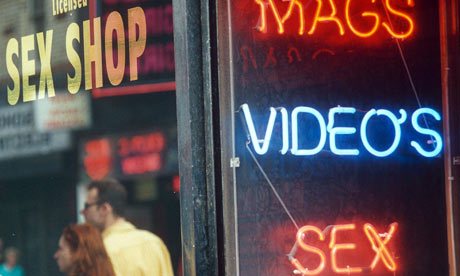In the meantime, that comedown off the Happy Pills is giving me aches. I can't sleep so well, I have taken a week off chasing round for Radio Hour interviews - Nick Spag is on that for the rest of the year - and I have decided my time is better spent on arranging meetings with the doctor and various social service offices.
This might explain why I am in the Upper Circle of the Theatre Royal, surrounded by Glasgow's Other Theatrical Community - the one that likes a Big Night Out, rarely sees nudity on stage and isn't too excited by the National Review of Live Art. It freaks me out to be the youngest person in sight. My bald patch excites no comment. I am glad I didn't bring a date, blowing my cover as a young hipster as my real peers settle down beside me, blue rinsed and sucking on the Werthers.
Jeffrey Bernard is Unwell has become a piece of British Heritage. It stars that guy who played Jesus on TV - you know, he made that detective series with Jasper Carrot. He gets to wonder about, being Bernard, enjoying the anecdotes that Keith Waterhouse adapted for the stage. A cast of five come in and out, ghosts to illustrate particular stories, all RADA posh voices and 1970s London Commoner. They just slow the show. I'm here to hear tales of Soho, as it was before it got clean.
The play was written in 1989, the butt end of Soho's golden years. Bernard hung out with whores, gangsters, alcoholics, artists, all the romantic stereotypes and mocked the stability of Middle England, the Middle Classes, the mediocre and the acceptable. He turned up pissed to the opening - or is that a legend? - and enjoyed the fame the play brought him. Then he had his leg chopped off and died in the 1990s. The ending, where he remembers his dead buddies, now has the poignancy of a lament for Bernard himself, as well as the way of life - indolent and cultured - that he loved.
The irony now is that the play - if not the person - is enjoyed by those people who would be horrified to have a pissed up Bernard smoking on their couch. And the time he laments was the era of oppression, before corporate lap-dancing clubs replaced the seedy strip-bars and the pub stank of ash. And all the adventures, usually involving sickened women or turf accountants, would be boorish shite without Bernard's own love of language. It is as if he learnt to drink like an alcoholic so he could still turn a fine phrase with a bottle of vodka inside him.
The play doesn't need the plush set - although it is nice - or the other actors. This is a glorious monologue, resolutely defiant: Robert Powell has a direct rapport with the audience that allows him to hide his character's moral turpitude behind a winning charm. It belongs, more obviously, in the grubby, marginal, theatres, the material militating against the ambience of the august Theatre Royal. Maybe, just sometimes, a good script is enough to make that breakthrough into the mainstream.
Still, it's still not safe for work: Bernard is as foul-mouthed as a Crazy Gary and while the pace and finale make this a requiem for a sentimentalised past, that past is littered with unapologetic conflicts and a quiet revolutionary spirit that mocks Marxist and Conservative with equal enervation. It is worse that I remember some of the Soho Bernard represents, as if my life has been a journey I have not noticed happening, only to find myself cast up on a further shore, wondering when my home was eroded by other waves.

hey supermotherfucker, my latest blog post is on Knives on Hens check it out and post an educational and insightful comment specifically for my benefit and to make it look like there's something going on on my blog since it's all about me.
ReplyDelete